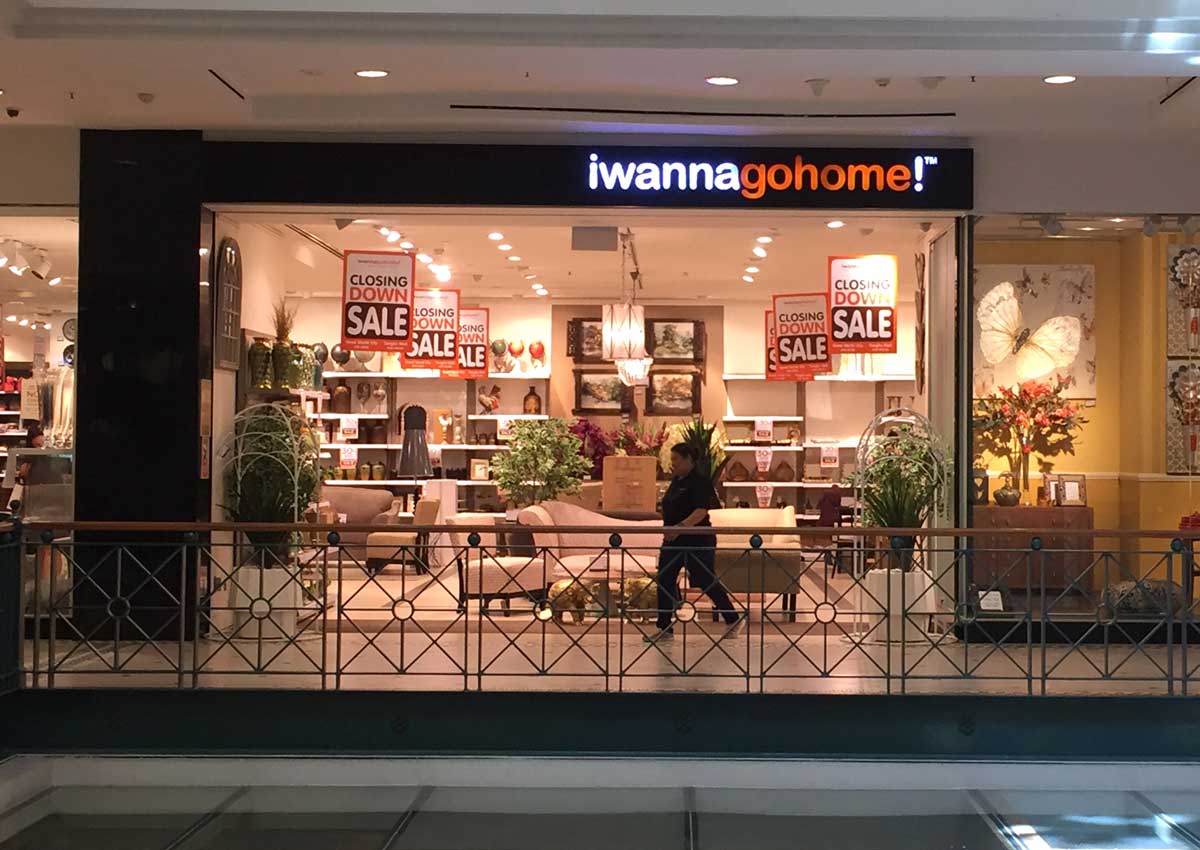The slowing economy might be dampening demand for luxury goods, but home owners are still willing to pay top dollar for unique furnishings, retail experts said.
Homes are prized possessions here, so proud owners will spend to doll them up, even if they are becoming more selective about bigger-budget items, said Assistant Professor Elison Lim of the Nanyang Business School at Nanyang Technological University (NTU).
“They are increasingly looking for pieces with stories or personal meanings that they connect with,” she said about shoppers who have the spending power for mid-range to high-end home products.
But stores whose products are not perceived as being exclusive could be hit by such changing tastes, retail experts said.
Lifestyle and home accessories retailer iwannagohome, which observers said falls into this category, told The Straits Times last month that it would close its two stores at the end of May. It announced a closing down sale at its Tanglin Mall and Great World City outlets on its Facebook page on Feb 19.
A spokesman for lifestyle group Gill Capital, which started the brand in 2007, said it is bringing in new concepts, but declined to elaborate. It also runs franchises for H&M and Candylicious in Singapore.
On Gill Capital’s website, iwannagohome is described as a concept brand that sources affordable luxury home fashion from around the world.
Mr Amos Tan, a marketing and retail lecturer at Singapore Polytechnic, noted that the brand sources its products rather than creates its own, so brand loyalty would be difficult to build because consumers could easily find the same or similar items online, at lower prices.
Several mid-range to high-end homeware retailers said business is still fine, as they have made efforts to meet evolving consumer needs.
Home accessories retailer Molecule, which has two concept showrooms at Great World City, registered slower but stable sales last year.
Senior manager Steven Goh said the company keeps a close watch on regional property markets to help it optimise merchandise planning. It also adjusts offerings and prices during slow periods such as the current one.
He noted that more customers are getting “design-savvy and house-proud”, and are willing to spend on home decor.
Multi-label store Naiise, which sells lifestyle and homeware goods, started as an online retailer in 2013. It now has five brick-and-mortar outlets, including a flagship store at Central mall in Clarke Quay. Its revenue last year was four times higher than in 2014.
Founder Dennis Tay said that, even though online shopping is convenient, “there remains strong demand for a highly personal shopping experience that offers more than familiar household brands”.
Around 70 per cent of Naiise’s products are by local designers, and include offerings such as a kueh-shaped cushion and a handmade bamboo ladder with a shelf attachment.
Singapore Polytechnic’s Mr Tan said today’s consumers are well-educated and care about the shopping experience.
“If you’re talking about mid-range to high-end, it’s not enough to just be a shop that looks good and sells products. You have to tell a story and sell an experience.
“If you want people to part with that kind of money,” he said, you need to appeal to their emotions.
tiffanyt@sph.com.sg

This article was first published on March 14, 2016.
Get a copy of The Straits Times or go to straitstimes.com for more stories.






